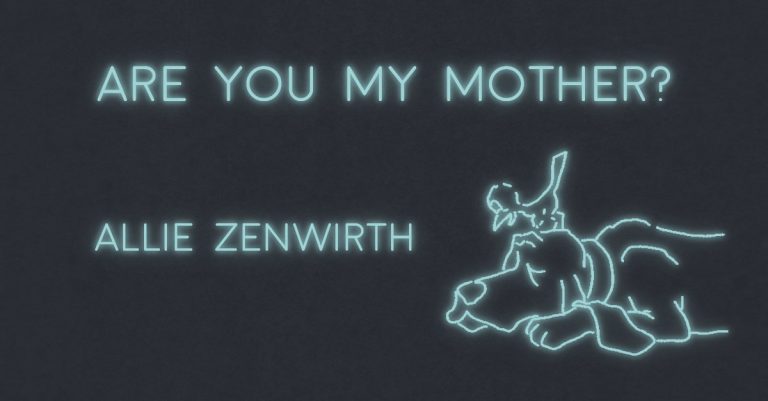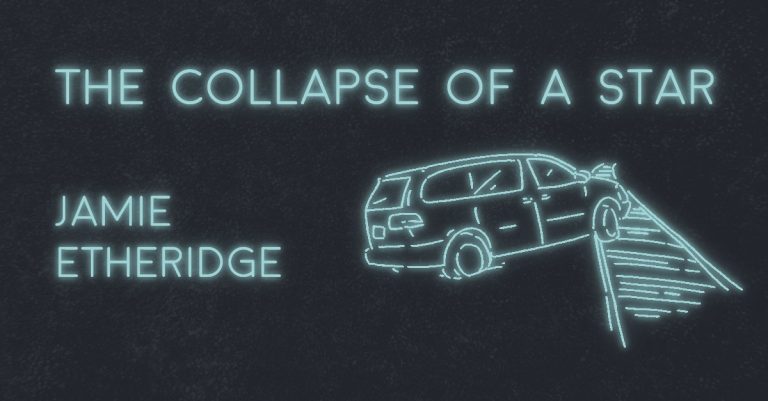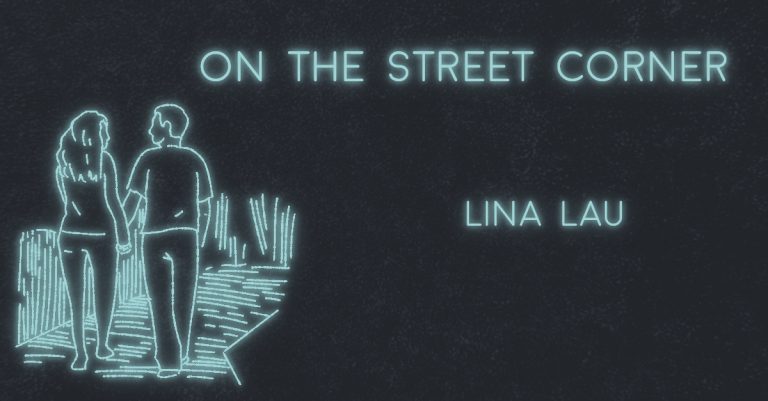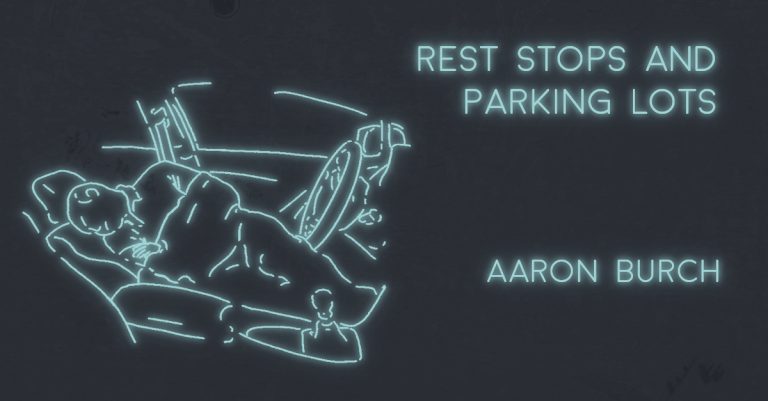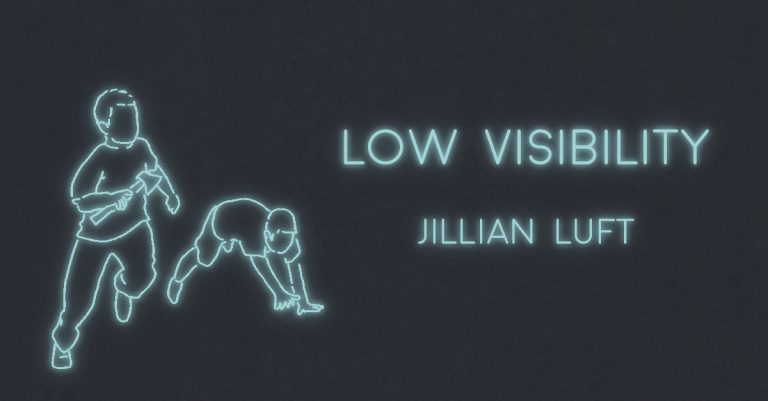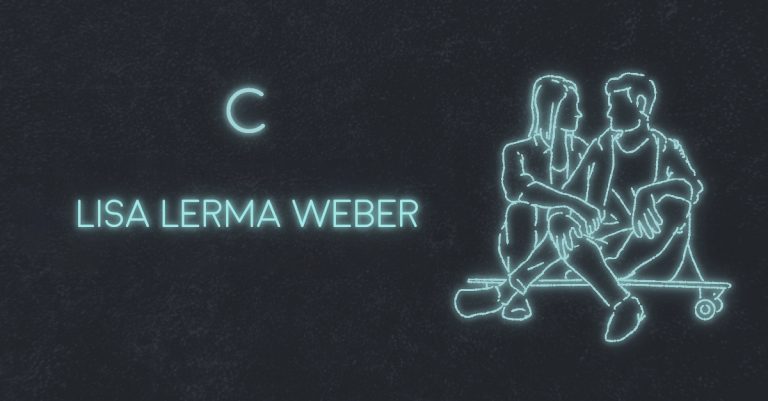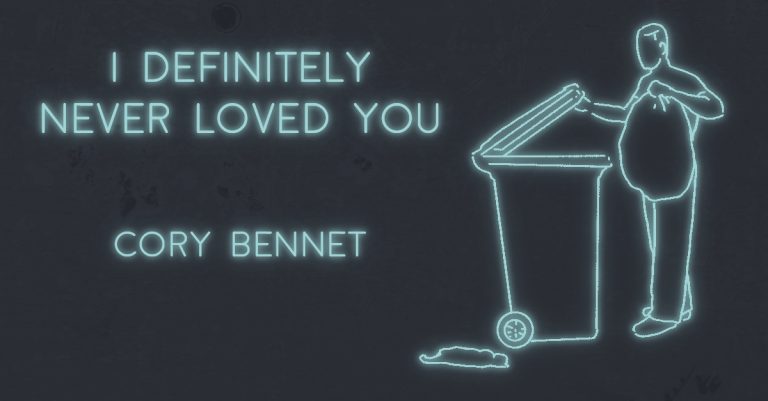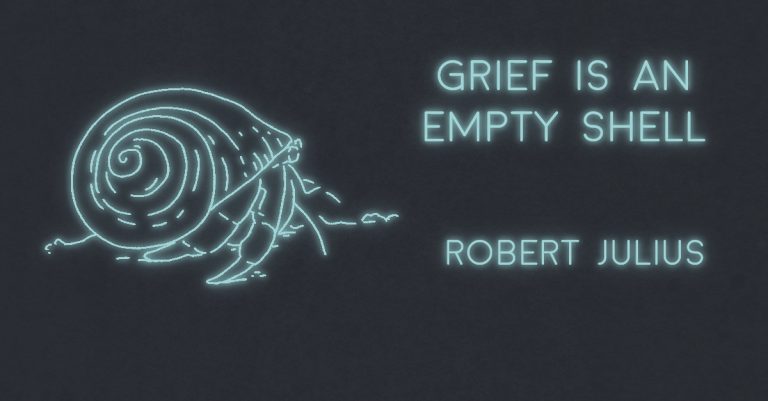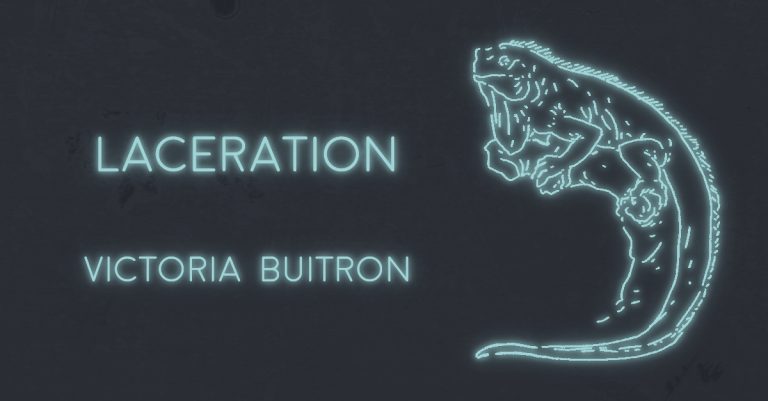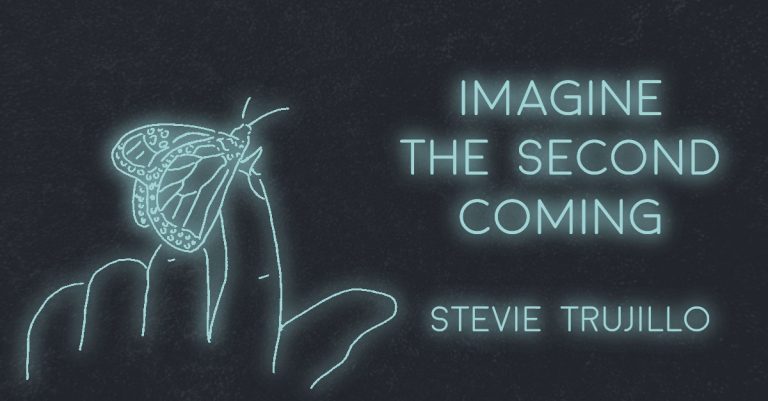
IMAGINE THE SECOND COMING by Stevie Trujillo
Silencio, our guide whispered. Just then, we were ambushed by hundreds of orange bursts, swirling and darting in every direction, while thousands more blossomed in the pine branches overhead. The sound of their powder-thin wings fluttering so close to my ears tickled the back of my neck, like angel whispers. I raised my shoulders and giggled. Adult Monarchs normally live three to four weeks, but the ones that migrate south are part of a special generation born towards the end of summer, called the Methuselah. They live seven or eight months—about nine times longer than the average lifetime. Imagine living

